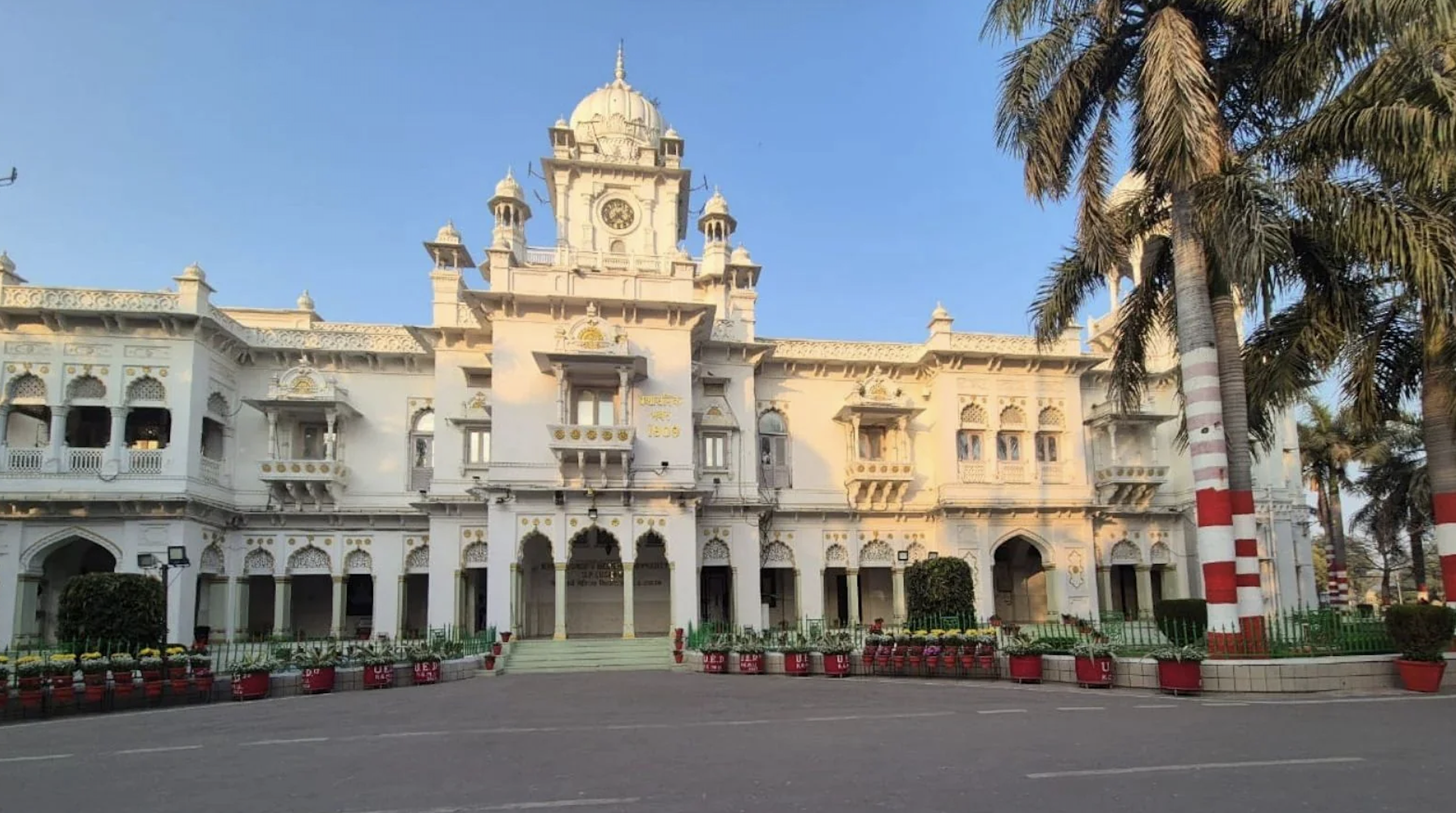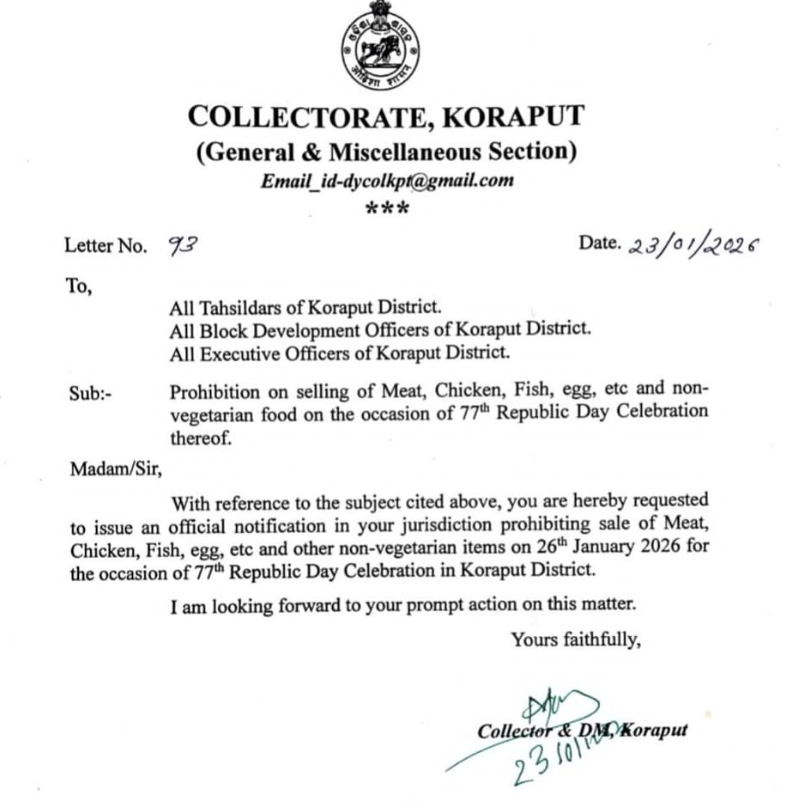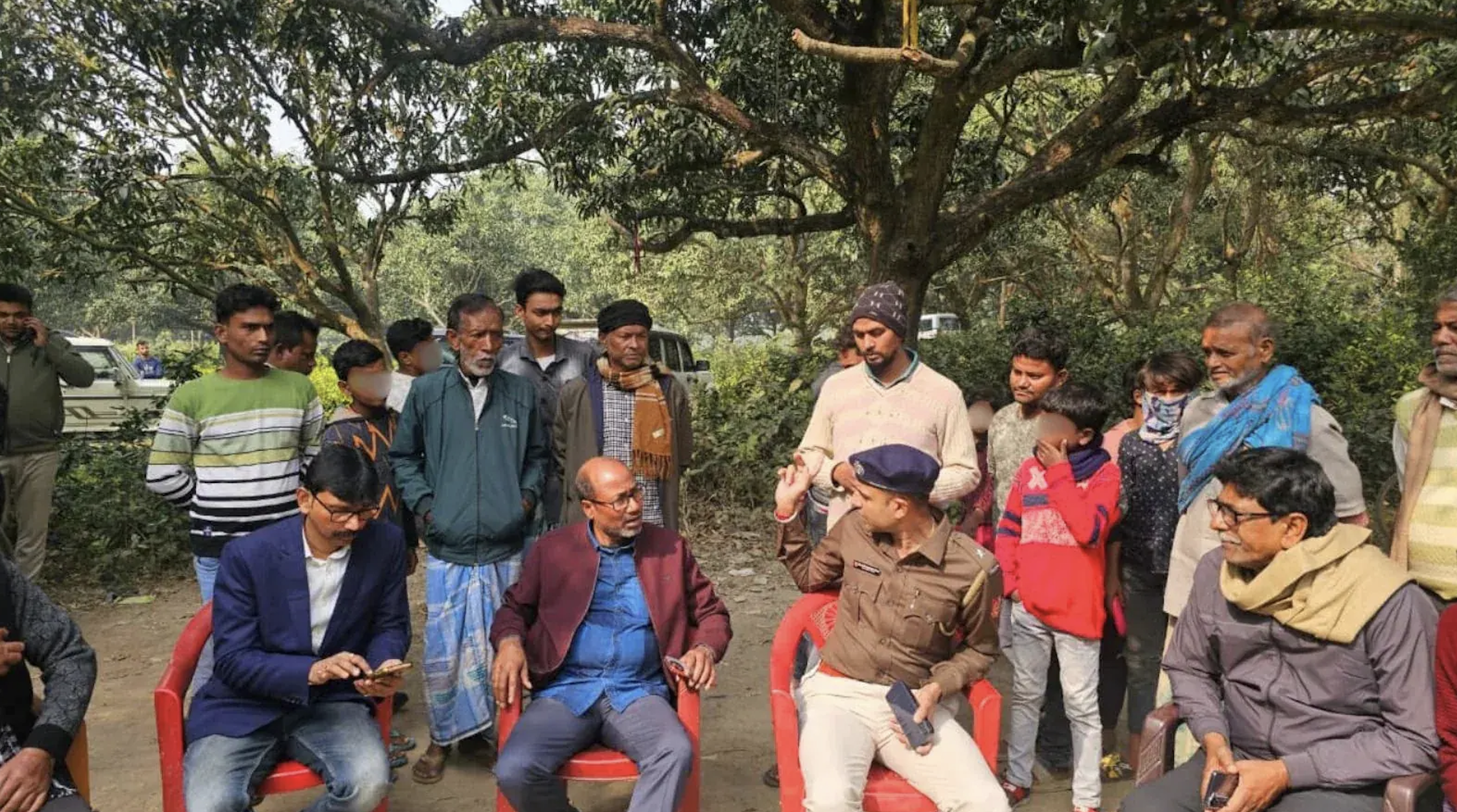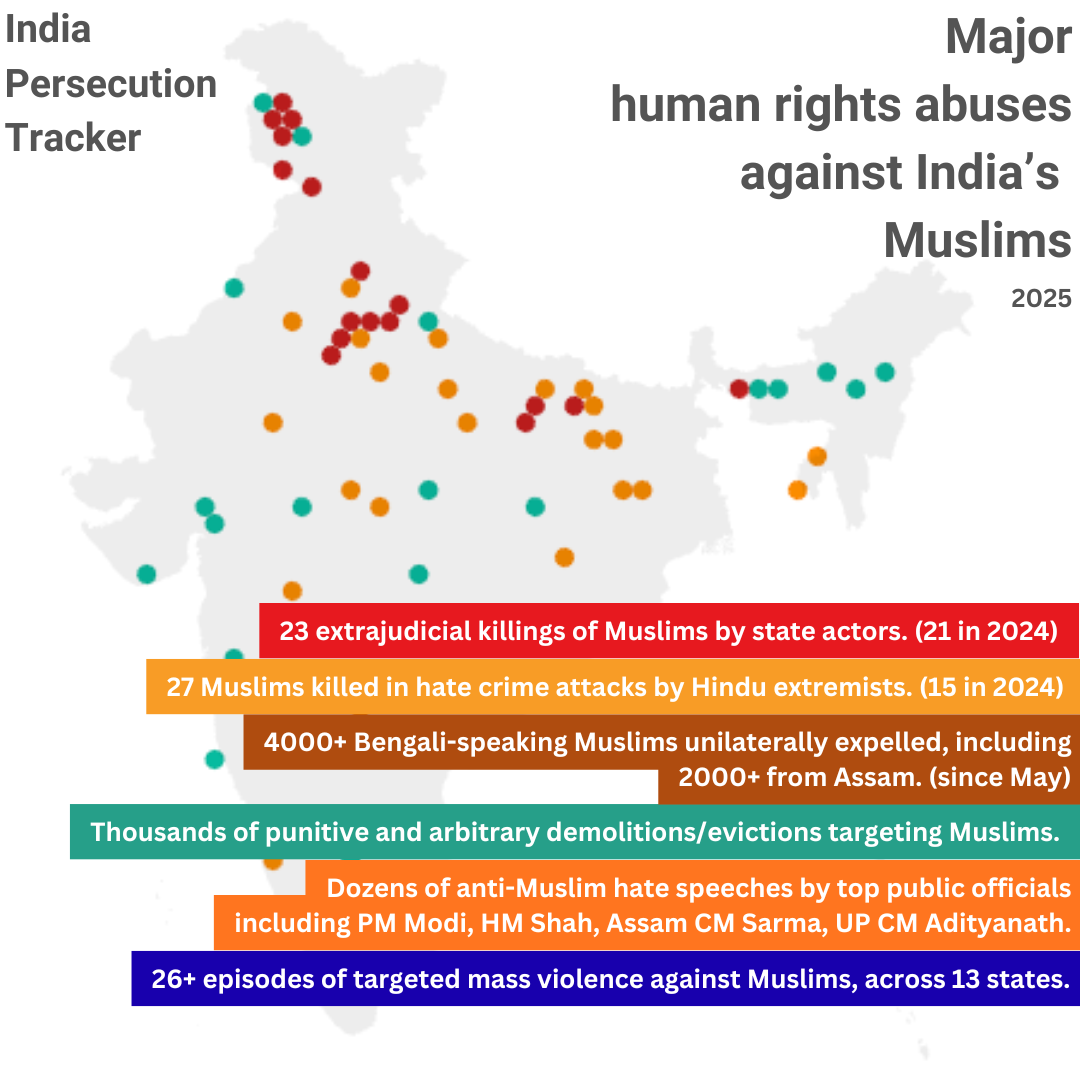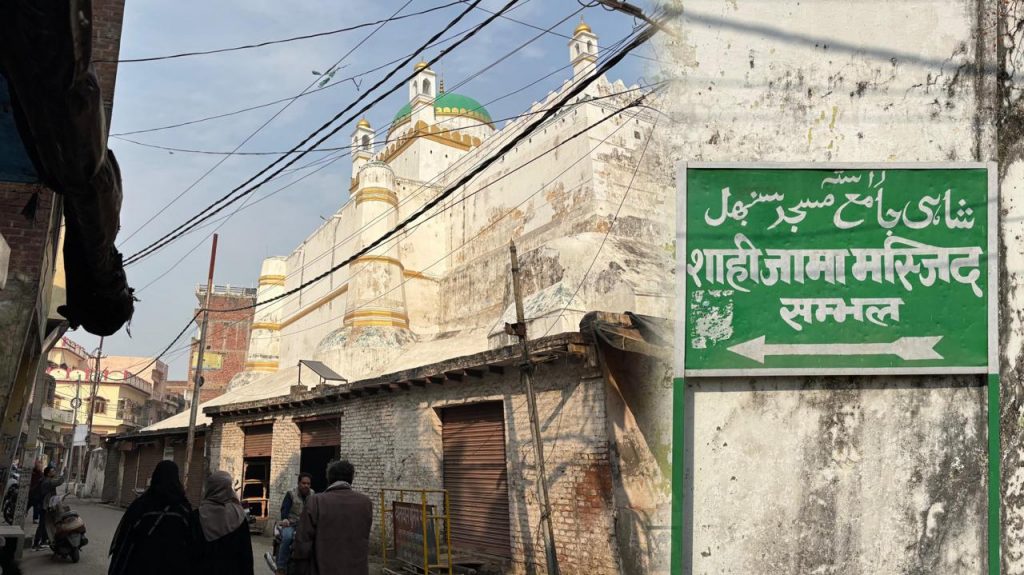
By Omar Rashid
New Delhi: The Allahabad high court has upheld a trial court’s order for a survey of the Mughal-era Shahi Jama Masjid in Sambhal and ruled that the suit by a group of Hindu plaintiffs seeking access to the mosque was prima facie not barred by the The Places of Worship Act, 1991. The court on Monday (May 19) dismissed a plea filed by the caretakers of the mosque challenging the Sambhal court’s order dated November 19, 2024.
A civil court in Sambhal had in November 2024 ordered a survey of the mosque by an advocate commissioner. A hurried survey of the mosque took place after the lower court took cognisance of an application filed by some Hindu activists as part of their suit claiming that the Islamic religious site built during the time of the first Mughal Emperor Babur was originally a prominent Hindu temple dedicated to the prophesied avatar of Vishnu, Kalki.
After conducting an initial survey of the mosque in a controversial manner within a few hours of the court’s orders, the survey team led by advocate commissioner Ramesh Raghav reached the mosque for a second round of photography and videography on the morning of November 24.
However, things turned violent that day, as at least four Muslim men were killed in violence that broke out in the lanes near the Shahi Jama Masjid during the second round of the survey, which local Muslims felt was unwarranted.
Counsel for mosque said that dispute was already settled in 1878
The managing committee of the historical mosque challenged the Sambhal court’s order on three main grounds. It said that the trial court granted leave to institute the civil suit by the Hindu parties before expiry of the period of notice. The mosque also raised objection to the fact that the court allowed the application for a survey by an advocate commissioner and ordered for its execution on the same day itself even though there arose no urgency.
Senior counsel S.F.A Naqvi, appearing for the mosque, submitted that the mosque was a protected monument under the Ancient Monuments Preservation Act, 1904. An agreement was executed between the Collector of Moradabad acting on behalf of the secretary of state for India in Council and Mutawallis of ‘Juma Masjid’ in the year 1927, and the agreement, so executed, governs the field, said Naqvi.
This story was originally published in thewire.in. Read the full story here.



